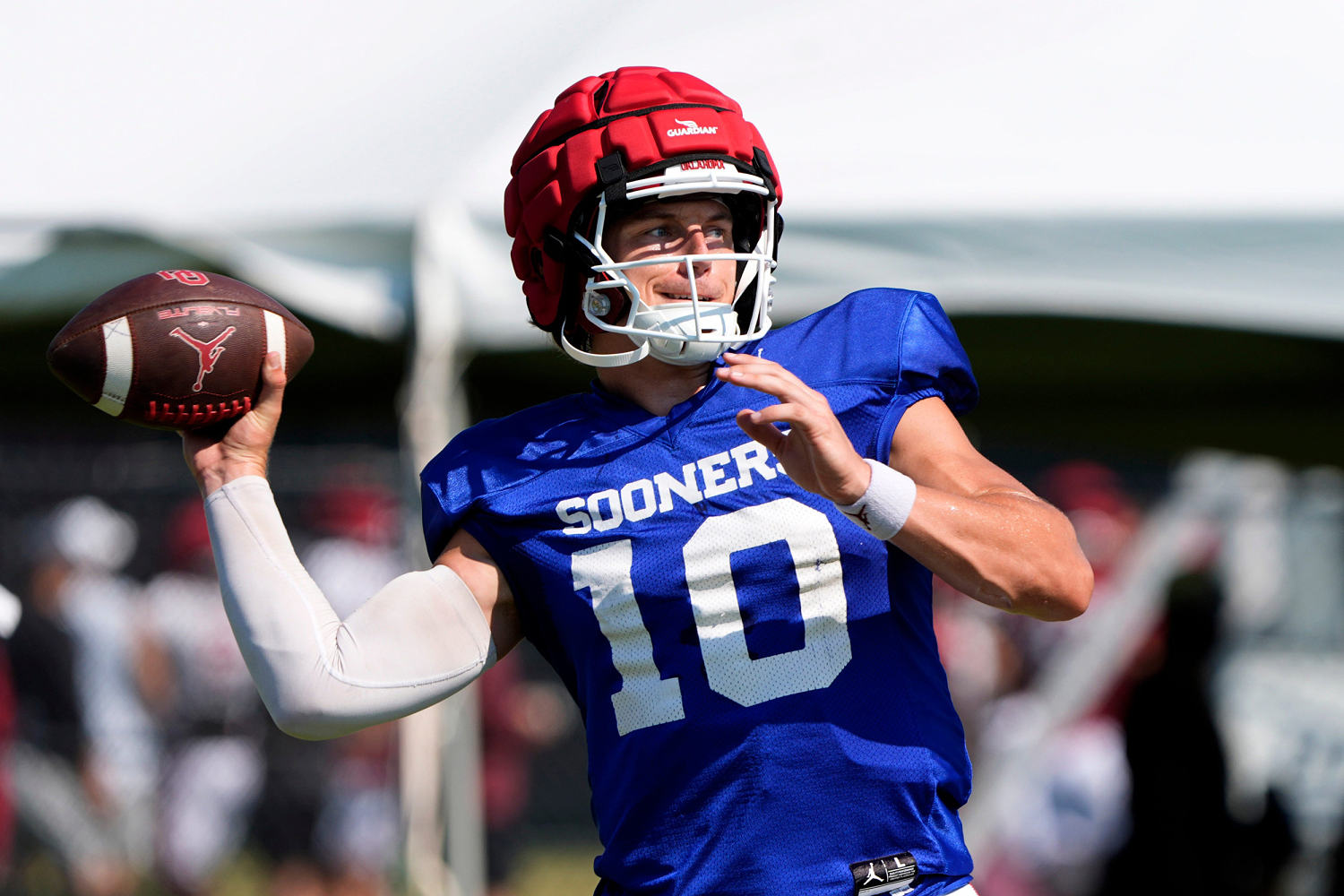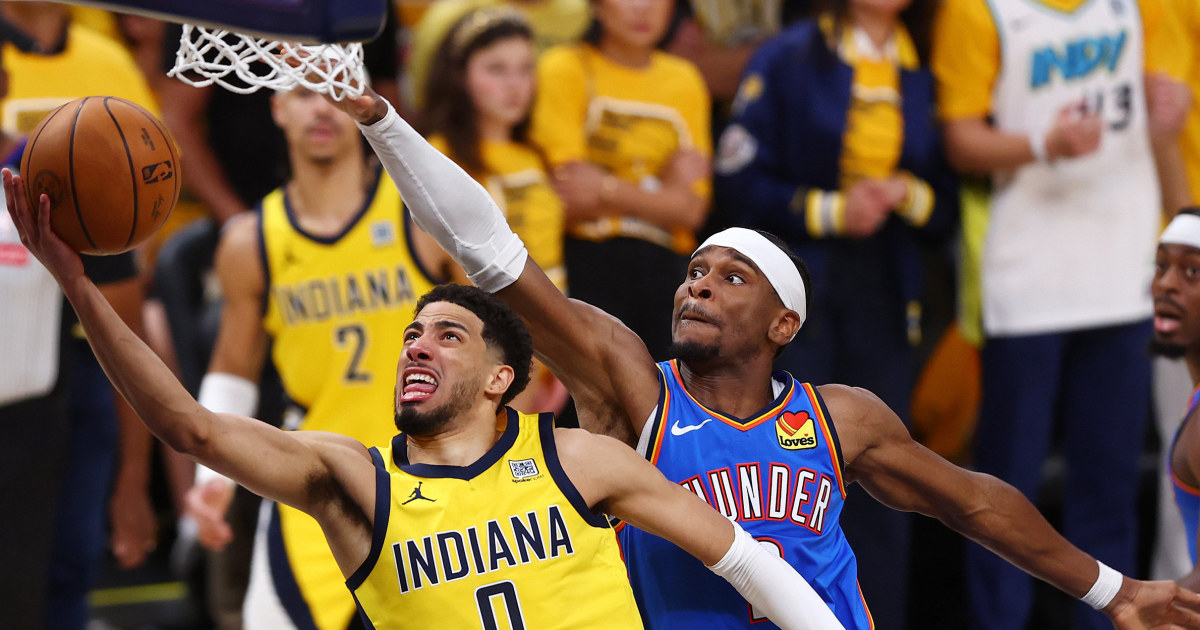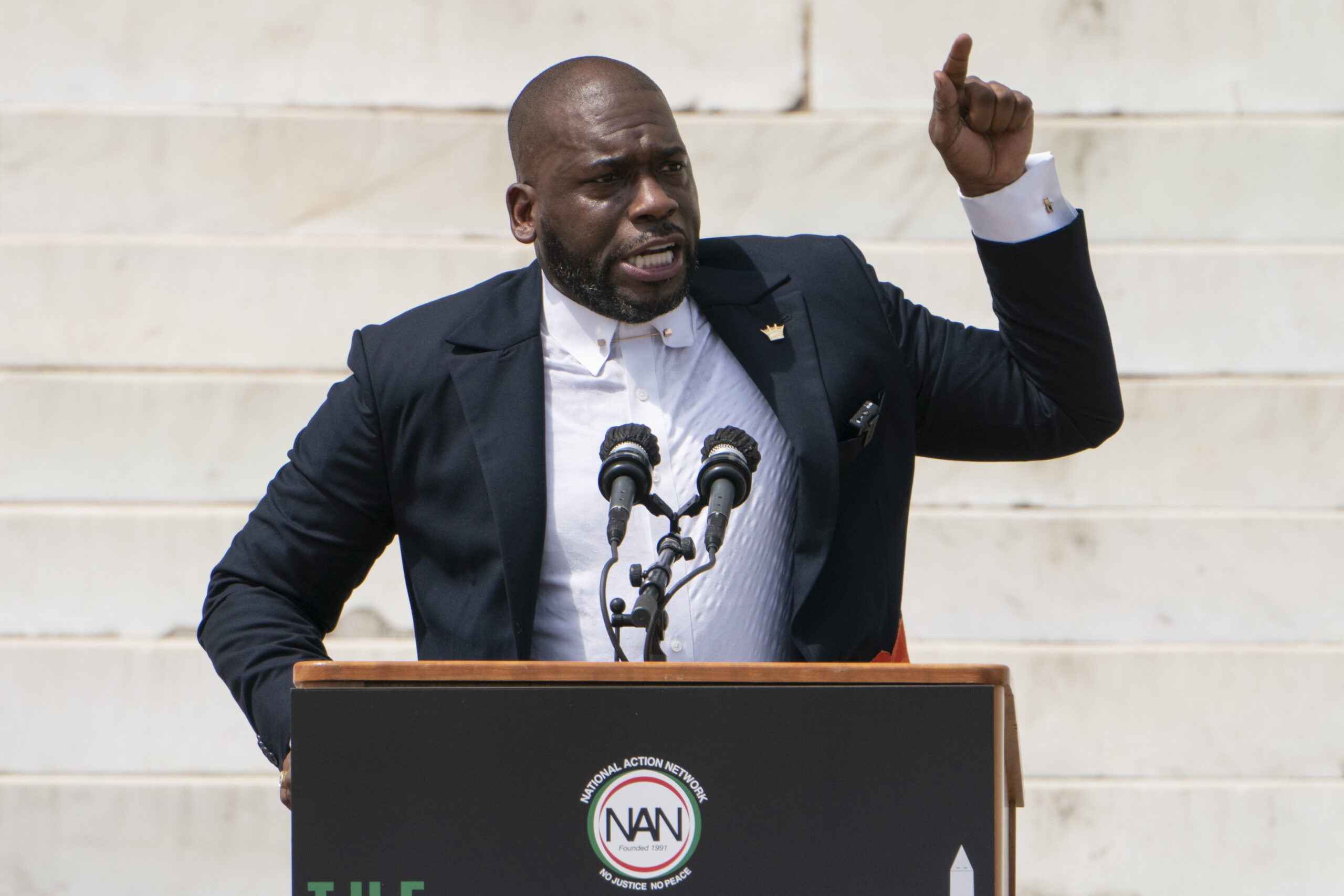
Ever since he transferred to the University of Oklahoma last winter, scrutiny has followed quarterback John Mateer, rated one of the best in college football, for how he would perform on the field.
This week, Mateer has found himself under the spotlight for different reasons after screenshots from his personal Venmo account surfaced on social media showing two transactions labeled “sports gambling.” Both transactions were from Nov. 20, 2022, when Mateer was a freshman at Washington State University, and they are alleged to have been sent to a Venmo account for Richard Roaten. One transaction was labeled “sports gambling (UCLA vs USC)”; UCLA and USC played each other the previous day.
The NCAA prohibits student-athletes and staff members from betting on sports, no matter whether it is at the collegiate, professional or amateur level, and breaking those rules can cost athletes their remaining eligibility.
Mateer denied wrongdoing in a statement on social media Tuesday, saying that “I have not engaged in any sports gambling” and characterizing the labeling of the transactions as “inside jokes between me and my friends. I have never bet on sports.”
Oklahoma did not respond to questions about whether it was launching an inquiry into Mateer. In a statement, it said its athletic department “provides ongoing education to its student-athletes, coaches and staff on matters related to sports gambling. The department utilizes ProhiBet, which is an industry-standard service offering comprehensive monitoring of sports gambling activities. OU takes any allegations of gambling seriously and works closely with the NCAA in any situations of concern. OU Athletics is unaware of any NCAA investigation and has no reason to believe there is one pending.”
The NCAA did not immediately respond to a request for comment. Neither did a Washington State University spokesperson.
Mateer threw for 29 touchdowns and rushed for 15 more last year in his first season as the starter at Washington State, and in December he announced his transfer to Oklahoma, a longtime power in college football attempting a revival after a pair of 6-7 seasons since 2022.
Since 2018, when the Supreme Court overturned the Professional and Amateur Sports Protection Act and effectively opened the floodgates to regulated, legal sports betting in the country, the NCAA has joined other major sports leagues in wrestling with the change.
When the NCAA in 2023 surveyed more than 500 on-campus athletic department employees who are tasked with ensuring compliance with NCAA rules, it found that although more than 95% of Division I schools were teaching sports-betting education, 27% of them “had dealt with a sports betting problem among their athletes or staff within the past year, a substantial increase from a survey in 2019,” it said in a release.
In June, the NCAA announced it was seeking to relax some of its former sports gambling regulations when the Division I Council, which oversees regulations for the largest schools, proposed a change that would allow both student-athletes and staff members to bet on pro sports.








